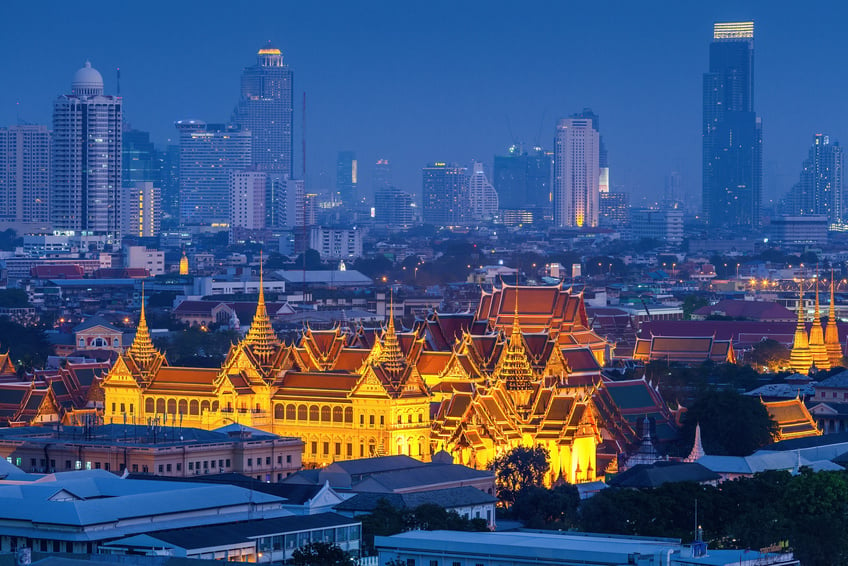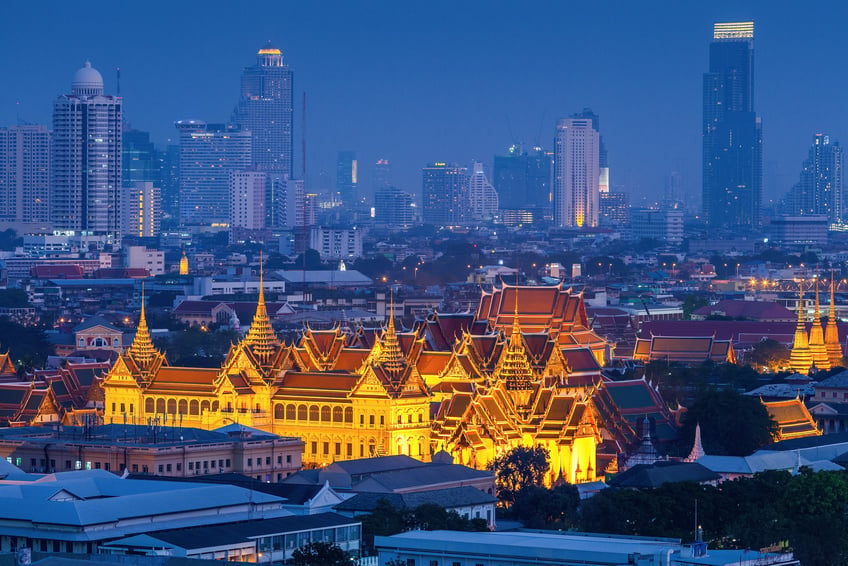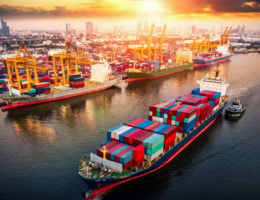Thailand is taking the next step towards strengthening the legal framework on air quality control as the Cabinet approved in principle the Draft Management for Clean Air Act (“Clean Air Bill”), which was proposed by the Ministry of Natural Resources and the Environment (MONRE) on 28 November 2023. Thailand’s current legal framework to manage air quality can be seen in many existing laws that regulate the monitoring and treatment of air pollution, and specify air quality standards. There are many governmental agencies acting as regulators for the purpose of air quality control, including the MONRE, the Ministry of Industry, and the Ministry of Public Health.
With increasing awareness of carbon capture and storage (CCS) technology as a key enabler for decarbonization, many developments in this area, such as exploration for carbon storage sites, have been reported. However, presently, in Thailand, there is no legislation specifically governing such CCS-related activities. In this context, the Department of Mineral Fuels has been developing a legal framework to accommodate CCS-related activities as can be seen from the recent public hearing of the draft amendment to the Petroleum Act, B.E. 2514 (1971) (“Draft Petroleum Act”), which aims to introduce the concept of “carbon business” as another regulated activity in a similar manner to conventional petroleum concessions.
The Carbon Border Adjustment Mechanism (CBAM) is one of the legislative measures under the “Fit for 55” package in the EU’s European Green Deal. The CBAM is a measure designed to complement the EU’s Emissions Trading System, targeting imports of carbon-intensive products, including Thai exporters.
In this final part of the series, we will look at the Draft Waste Electrical and Electronic Equipment Management Act. The development of a legal framework for the management of waste from electrical and electronic equipment (WEEE) has been discussed and studied in Thailand for almost two decades. However, despite existing general environment-related laws, such as the NEQA, the Hazardous Substance Act, B.E. 2535 (1992), and the Factory Act, B.E. 2535 (1992), there is currently no specific Thai law governing WEEE management in a systematic and sustainable way.
The current legal framework for managing packaging and other household waste in Thailand has long been governed by various pieces of legislation, such as the Public Health Act, B.E. 2535 (1992) and the Act on the Maintenance of Cleanliness and Orderliness of the Country, B.E. 2535 (1992). To provide equality and equity for all stakeholders with the ultimate goal of mitigating the environmental impact caused by packaging waste, and at the same time promoting a strong circular economy, the Draft Sustainable Packaging Management Act has been developed to establish systematic and sustainable management of packaging waste.
In recent years, environmental issues have been increasingly prioritized, leading to positive results in the development of national policies in Thailand. Many draft environmental legislations, which were previously stalled, are now regaining momentum as key enablers to drive Thailand towards a more sustainable future.
On 25 May 2023, the Notification of the Ministry of Finance on Duty Exemption for Parts of Electric Vehicle or Battery-powered Electric Boats was published in the Royal Gazette. This Notification is to further promote the domestic production of electric vehicles (EV) in Thailand as well as to develop and strengthen the domestic EV supply chain. The Notification became effective on 26 May 2023.
Amidst the increased focus globally on respecting and protecting human rights, in a recent seminar organized in Thailand, the special advisor to the Prime Minister of Japan responsible for international human rights matters announced the adoption of the Guidelines on Respect for Human Rights in Responsible Supply Chains by the Government of Japan.
From 2026, pure battery electric vehicles (BEVs) must be equipped with certain levels of advanced driver-assistance systems (ADAS); otherwise, excise tax rates will be higher. The Royal Gazette has published several notifications of the Excise Department regarding BEVs recently. The Notifications have introduced the ADAS requirements as a new condition to apply lower excise tax rates on BEVs along with detailed requirements on the use of domestically manufactured batteries.
The year 2022 marks a noteworthy year for a quantum leap in Thailand’s electric vehicle market. Against the backdrop of Thailand’s commitment to carbon neutrality and net-zero greenhouse gas emissions at COP26, combined with the unexpected uncertainty in oil and gas prices, Thailand’s EV market has accelerated to a new peak. Providing that the 30@30 goal under the national EV roadmap (i.e., to raise the proportion of zero-emission EVs to 30% of all domestic vehicle production by 2030) goes as planned, we take a look at what to expect in Thailand’s EV space, along with what has been happening during the first half of 2022.





